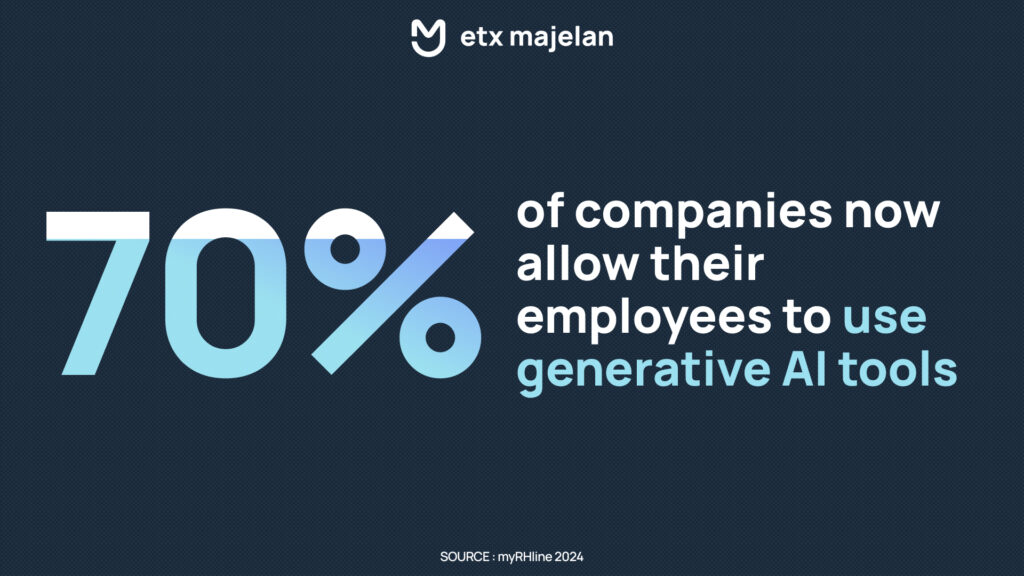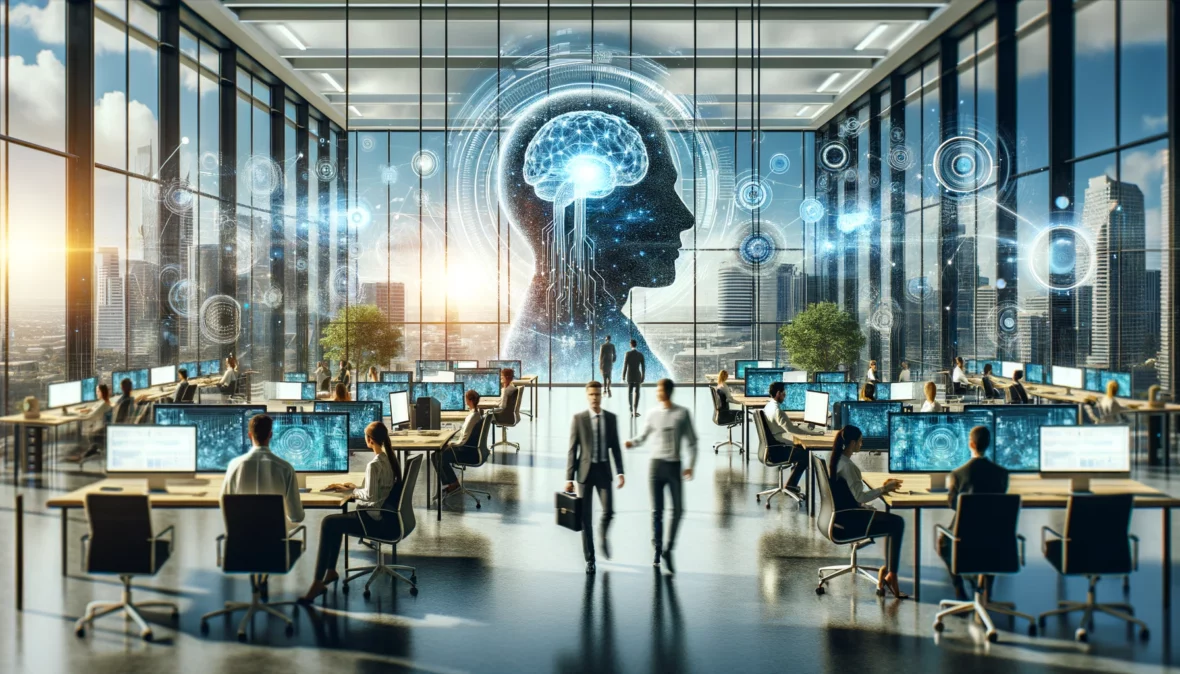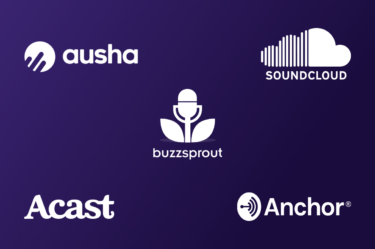The integration of artificial intelligence in the field of human resources marks a major transformation, redefining HR practices and strategies. The “AI and HR” study presented by the media outlet myRHline at the HR Solutions exhibition held in Paris from March 19th to 21st highlights this evolution, emphasizing AI’s potential to reshape HR processes from talent acquisition to training, development, and employee engagement.
AI adoption in HR: a revolution underway
The numbers speak for themselves: 70% of companies now allow their employees to use generative AI tools, attesting to the strength and quality of these new technologies. However, a shadow looms with 49% of HR professionals who, when prevented by their management, continue to use AI often covertly. This dichotomy reveals a fervent desire to adapt HR practices to the realities of a constantly changing world while navigating the murky waters of sometimes rigid corporate policies.

There is a global enthusiasm for these innovations with 79% of HR professionals convinced that AI offers an unprecedented opportunity to increase work efficiency. This belief is further reinforced by the fact that 88% of them have already explored the capabilities of ChatGPT, testifying to the growing adoption and interest in generative AI applications. This wave of adoption and optimism is illustrated by a vast majority of HR professionals who believe AI is a priority project; however, for 70% of them, it is not yet considered a strategic topic within HR departments. Thus, while the interest and practical use of AI are high, its full integration into long-term strategic planning and into the fundamental priorities of human resources remains largely to be developed.
The precarious balance between innovation and ethics
The enthusiastic adoption of AI comes with a set of ethical and legal concerns. The study underlines that 98% of HR professionals agree on AI’s revolutionary potential, while 41% anticipate the emergence of new HR professions. This anticipation is tempered by awareness of risks – discrimination, data confidentiality, and a deficit in AI skills – raising the question of balance between efficiency gains and ethical values. These concerns highlight the need to balance innovation with ethical integrity. The AI Act, adopted on March 13th, plays a crucial role in this context. It aims to regulate the use of AI within the EU, setting standards for transparency, safety, and data protection while preventing discrimination and ensuring respect for fundamental rights. This legislative framework seeks to ensure that AI development is done responsibly, balancing technological innovation with ethical imperatives.
Personalization and support : the heart of transformation
Advances in AI offer unprecedented ability to personalize learning and development paths, catering to the specific needs of each employee. The use of chatbots (now extraordinarily effective) for educational support, which is expected to cover up to 90% of interactions in 2024, illustrates this trend. In the employee training and development sector, Switzerland-based Coorpacademy uses AI to offer personalized learning paths.
By analyzing users’ interactions with various content, AI recommends tailor-made courses, promoting rapid progression tailored to the needs of each individual. European companies like L’Oréal and Renault have integrated Coorpacademy into their training strategy, observing a significant improvement in employee engagement and participation in professional development, with a significant increase in course completion. These technologies not only facilitate access to information but also reflect a modern and innovative image of the company, enhancing employee engagement and satisfaction.
Perception and future of AI in HR
On one hand, AI is seen as an imminent revolution capable of drastically transforming many inherent tasks such as content creation, employee support, or performance management with Betterworks integrating AI to provide predictive analytics on employee performance, thus helping to identify high potentials and target training needs. This data-driven approach allows for more objective performance management, more aligned with the strategic goals of the company. Technology giant Cisco reported that the adoption of solutions like Betterworks has led to a 25% improvement in the accuracy of identifying talents and development needs, demonstrating AI’s effectiveness in implementing data-based performance management strategies.
On the other hand, some caution is evident with 65% of professionals expressing distrust in data generated by AI and 68% calling for government legislation regulating its use. Moreover, employee reactions to AI fluctuate between the fear of job loss expressed by 43% of employees and the hope for tailored training expected by 42% of them. This complexity reflects a landscape where AI, while being a driving force of innovation, also raises essential questions about its ethical and strategic integration into tomorrow’s workplace.
Towards a more nuanced reflection on AI and HR
This sketch of AI’s impact on HR invites deeper reflection on its future. With greatly increased personalization, the integration of AI systems carries the promise of more human work; however, it also calls for constant vigilance regarding the ethical issues it raises. HR leaders, armed with these insights, are preparing to navigate the future with discernment, approaching AI not as an end in itself but as a catalyst toward reinvented work where technology and humanity succeed side by side.
Facing these advances, ETX Majelan positions itself as an innovative solution to meet the challenges of professional development. Majelan Pro, offers premium audio content tailored to the needs of employees, thus enabling companies to maintain a continuous link with their teams, promoting learning and development.
The study presented by myRHline is not just a reflection of the current state of AI in HR; it is a prelude to a future where artificial intelligence and human resources move forward together toward a new era. In this changing landscape, solutions like Majelan Pro represent not only a technological advancement but also an opportunity to strengthen team cohesion and efficiency, proving that the future of HR lies in the balance between technological innovation and human engagement.
Contact us to learn more.






